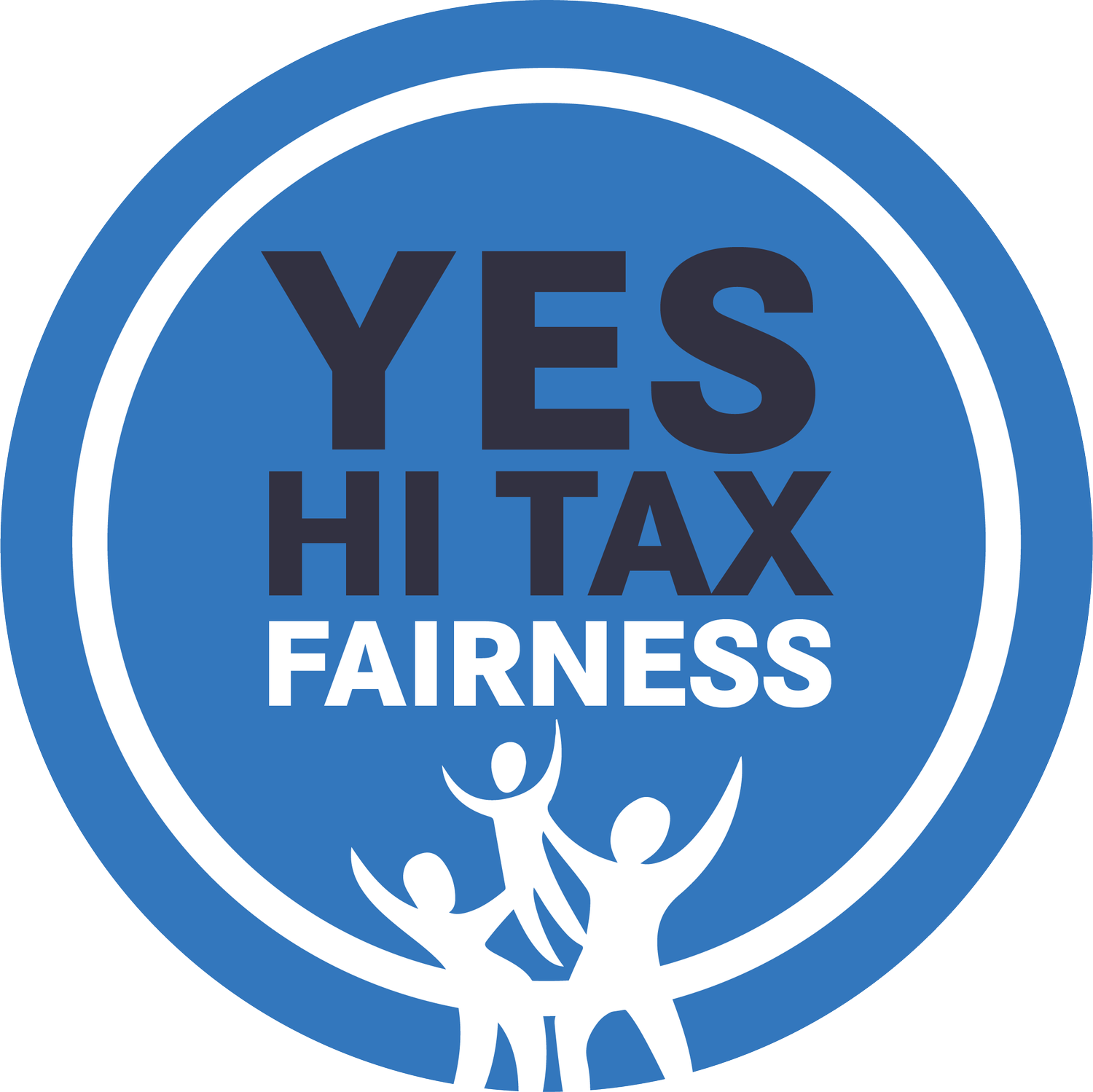Efforts to raise minimum wage and expand major tax credit at risk of falling through
With only days until their final deadline, lawmakers still haven’t reached agreement on bills to increase the minimum wage and extend a major tax credit.
Across the state, community leaders, advocates, and residents will sign-wave on April 27 to urge House and Senate leaders to finalize House Bill 510 and House Bill 2510 by their legislative deadline on Friday. Together, those bills would provide significant economic relief for tens of thousands of working families struggling to make ends meet.
What: Statewide sign-waving in support of minimum wage increase and Earned Income Tax Credit
When: Wednesday, April 27, 2022
Where: Honolulu: Corner of Kapiʻolani Blvd and Ward Ave, 4:00 – 5:30 pm
Kahului: Queen Kaʻahumanu Center (275 W Kaʻahumanu Ave), 4:00 – 5:30 pm
Līhuʻe: 4440 Kukui Grove St (outside Burger King), 3:30 – 4:30 pm
Hilo: TBA
Who: Workers and advocates will be available for media interviews, before or during the sign-waving events
If lawmakers can’t come to an agreement about these bills by Friday, the bills will die, leaving families to wait another year for possible action.
House Bill 2510 would increase the minimum wage to $18 by 2026. House Bill 510 would extend the state Earned Income Tax Credit (EITC) for six years—it would otherwise expire this year—and expand its benefits to lower-income families.
An $18 minimum wage would be $16,000 more in annual earnings for minimum wage workers. The EITC is worth hundreds of dollars to workers and their families each year, according to a report from Hawaiʻi KIDS COUNT.
Over the past week, a diverse group of community members has urged legislators to support working families:
53 nonprofits and labor unions signed a letter on April 26 asking lawmakers to pass both priorities.
Colin Moore, director of the Public Policy Center at the University of Hawaiʻi Mānoa, stressed the strong level of public support for both the minimum wage and EITC measures.
Rev. David Gierlach, rector of St. Elizabeth's Episcopal Church and a group of business leaders—Shelee Kimura, president/CEO of Hawaiian Electric; Peter Ho, president/CEO of Bank of Hawaiʻi; and Ray Vara, president/CEO of Hawaii Pacific Health—voiced their support for a permanent and expanded EITC.
The need is clear: Nearly 3 in 5 households are struggling to make ends meet, according to the Aloha United Way ALICE initiative. Over 88,000 workers make the minimum wage, according to Raise Up Hawaiʻi, and over 200,000 residents were eligible for the Earned Income Tax Credit, according to the KIDS COUNT report.
Raise Up Hawaiʻi advocates to raise the minimum wage in Hawaiʻi to a level that will sustain all of Hawaiʻi’s working residents.
Hawaiʻi Tax Fairness is a coalition of organizations that endorse the principle that for many Hawaiʻi families, the key to self-sufficiency is letting them keep more of what they earn by creating a more equitable tax system.

